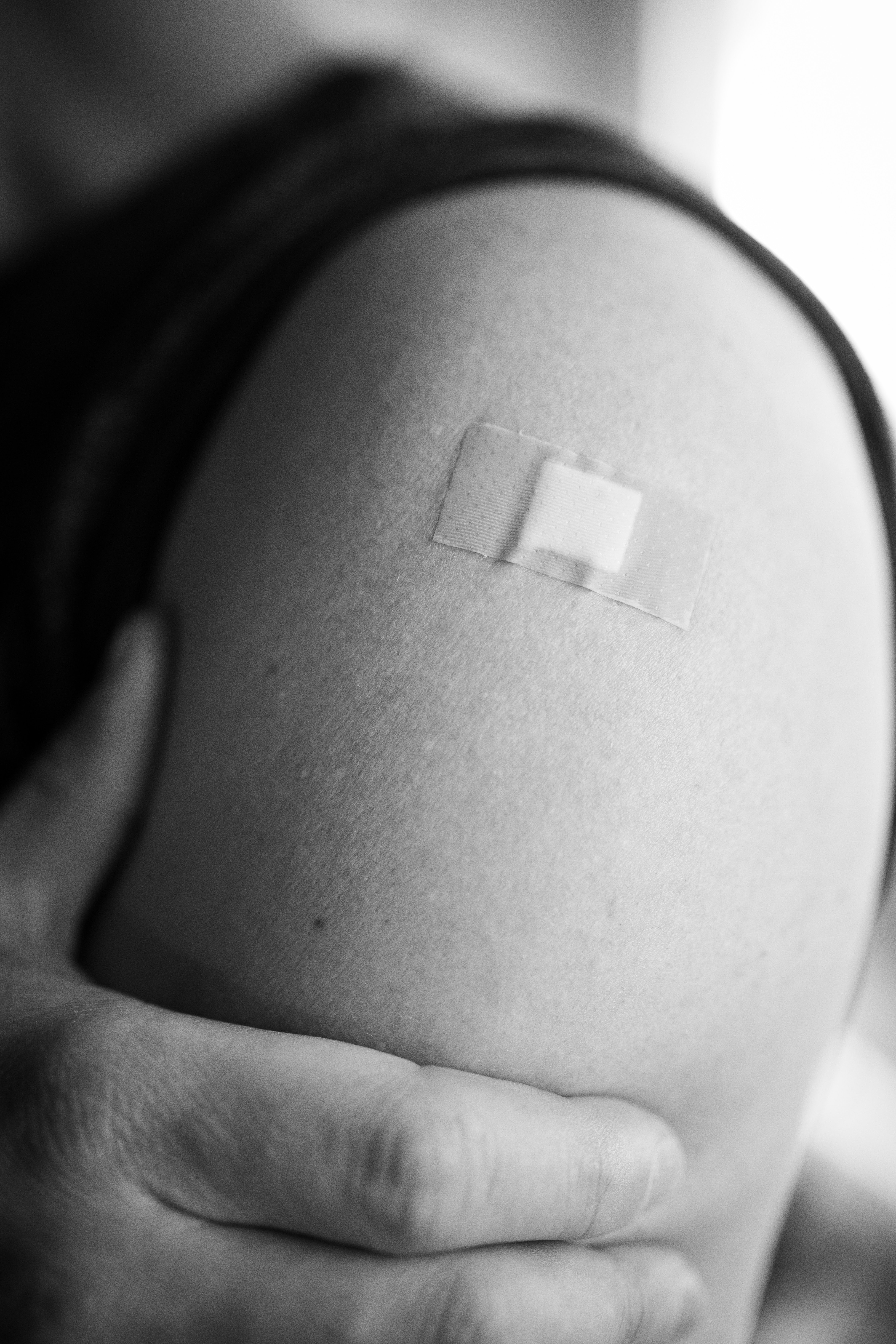News release
From:
Researchers, led by Dr Frank Beard, Associate Director of the National Centre for Immunisation Research and Surveillance and the University of Sydney, and Mr Brynley Hull, a Research Fellow at the NCIRS and the University of Sydney, compared vaccination activity in Victoria in 2019 and 2020 by analysing de-identified Australian Immunisation Register (AIR) surveillance data.
“Neither stage 3 nor stage 4 lockdown restrictions were associated with marked changes in administration rates for diphtheria/tetanus/pertussis-containing vaccine (dose 1: 2 months of age), 13-valent pneumococcal conjugate vaccine (dose 2: 4 months of age), or measles/mumps/rubella vaccine (12 months of age),” Hull and colleagues reported.
“About 20% fewer adolescents received first HPV vaccination doses in March 2020 than in March 2019, and 79% fewer in April 2020 than in April 2019 (schools closed: March‒April 2020), but numbers were higher in all subsequent months, including during August‒October, when students again studied from home.
“Second HPV vaccination doses exhibited a similar pattern for March and April, but were lower during August–October.”
The findings reflect “effective messaging by health authorities that routine vaccination is an essential health service, the rapid adaption to COVID-19-safe vaccination delivery by local councils in particular, continued engagement of parents and carers, and lower COVID-19 rates than in many countries”, Hull and colleagues wrote.
“As we assessed vaccination uptake for young children at an earlier time point than is usual (ie, timely vaccination), it will be important to monitor the effect of COVID-19 on groups for whom timeliness of vaccination is known to be a problem, including Indigenous children.
“We found that Victorian vaccination delivery was generally resilient in a period of unprecedented social and health care disruption,” they concluded.



 Australia; NSW; VIC
Australia; NSW; VIC


